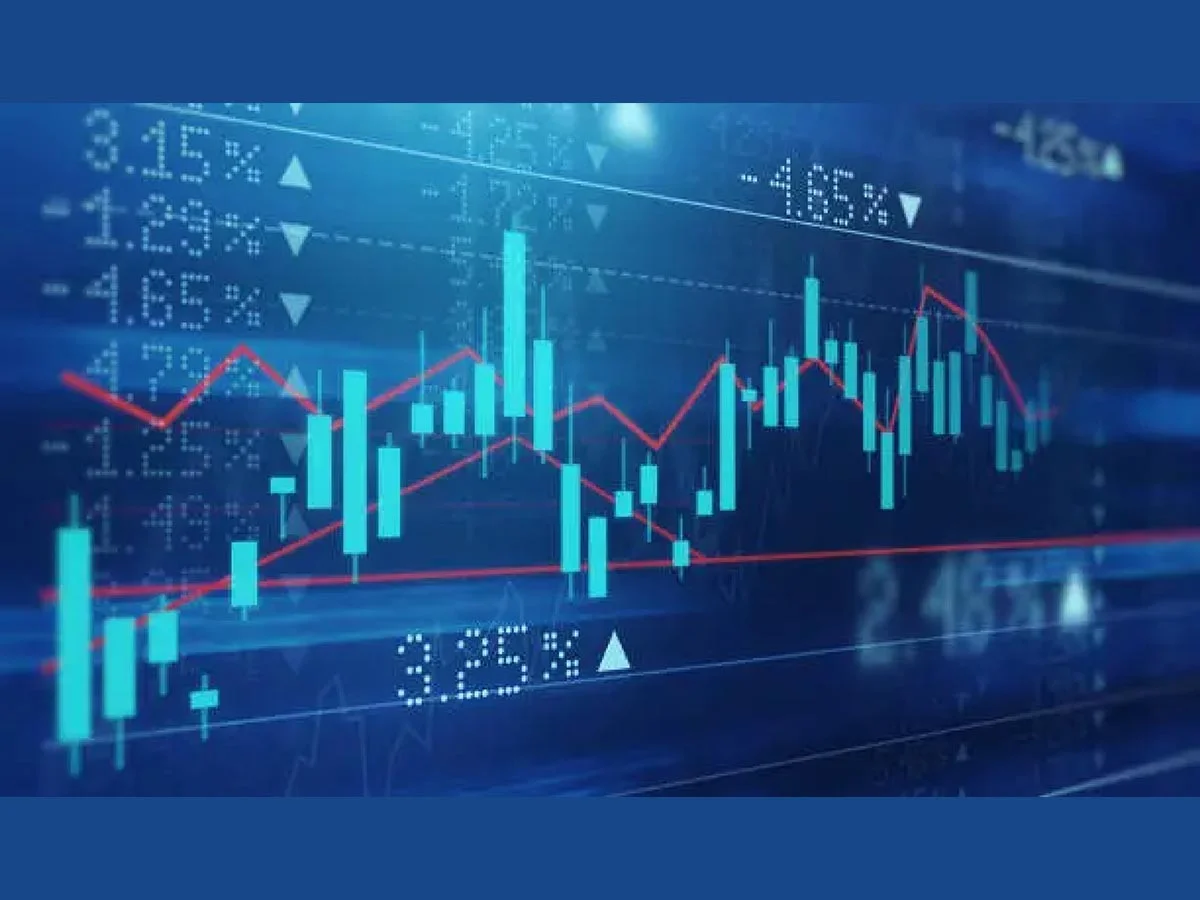May 22, 2022

What is Futures Market?
What is a Futures Market?
A Futures Market is a market in which participants buy and sell futures contracts for various commodities. Futures contracts are agreements to buy or sell an item at a set price on a future date. This speculates on commodities' future prices or hedges against price movements in the underlying spot market.
Futures markets can be used to trade:
- Agricultural products: corn, wheat, soybeans, livestock
- Energy: crude oil, natural gas, electricity
- Precious metals: gold, silver, platinum
- Financial instruments: interest rates, stock indexes
How does a Futures Market work?
In a futures market, participants buy and sell contracts for commodities delivered at a set price on a future date. Futures contracts are standardized so that they can be traded on an exchange. The cost of a futures contract is based on the price of the underlying commodity in the spot market, with the addition or subtraction of any risk premium. When a Futures Market contract expires, the holder must either take delivery of the underlying commodity or settle their contract in cash. If the holder does not want to take delivery or pay their contract, they can close out their position by entering into an offsetting transaction before expiration.
What are the benefits of trading in a Futures Market?
Futures Markets offer several benefits, including:
- Price transparency: Futures contracts are traded publicly on exchanges, so the price of a Futures contract is readily available
- Liquidity: Futures Markets are highly liquid. This makes them attractive for traders who need to enter or exit large positions quickly
- Leverage: Futures Markets allow traders to use leverage, which enhances their potential returns but also increases their risk exposure
- Ease of access and trading: Futures Markets can be accessed and traded through online platforms.
Futures Market Example
Overall, Futures Markets are a powerful tool for speculating on the future prices of commodities and hedging against fluctuations in the underlying spot market. Whether you are an experienced trader or new to the Futures Market, it is important to understand how these markets work and the risks involved when trading Futures contracts. Let's say that corn is trading at $4 per bushel in the spot market, and you expect the price of corn to increase to $5 per bushel in the future. You could buy a corn Futures contract with a settlement date of one month. If the price of corn increases to $5 per bushel as you expected, you will make a profit on your Futures contract. However, if corn prices decrease to $3 per bushel, you will incur a loss.
Now let's say that crude oil is trading at $50 per barrel in the spot market, and you expect the price of crude oil to decrease to $45 per barrel in the future. You could sell a crude oil Futures contract with a settlement date of one month from now. If natural oil prices decrease to $45 per barrel as you expected, you will make a profit on your Futures contract. However, if crude oil prices increase to $51 per barrel, you will incur a loss.
Conclusion:
Futures markets are a way of hedging risk and ensuring price stability in the market. This will enable businesses to plan for the future and protect themselves from sudden price changes. Cyberium Blockchain is the perfect platform for futures trading because it offers secure, transparent, and fast transactions. You can securely and rapidly process your transactions.
Best
Discover the best practices of building best product experience from millions of ready-made product graphs or build one yourself.

Intelligent
In-depth intelligence of products in the form of product stories help in achieving quality, automation and efficiency in new and existing product implementations.

Augmented
Improve and augment end to end product selection, development, integration, and operation with detailed information and AI copilots.


